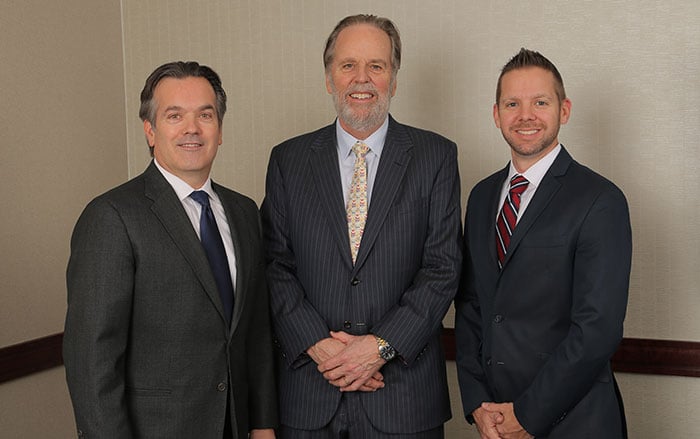Many people in Indiana do not have health insurance. They work for companies that do not offer employee coverage or offer low-quality plans at a high cost to the worker. Even those who do have health insurance may incur massive expenses that they must cover themselves before insurance will pay for the remainder of their treatment. Large deductibles and high coinsurance rates can leave injured and sickened people responsible for a large portion of their own medical bills.
Car crashes are one of the leading causes of serious, life-altering injuries. Those involved in an Indiana car crash sometimes make the mistake of foregoing medical care because of their health insurance. Thankfully, understanding who pays for treatment after a wreck might help people with crash-related injuries seek the support they deserve.
Someone is likely liable for the crash
No two collisions are identical. A variety of different factors influence liability and false after a motor vehicle collision. Often, one party is clearly at fault. Other times, one party is primarily at fault while the other contributed to the crash and some minor way. Typically, the party at fault for the crash provides liability insurance to the other people involved in the incident.
Indiana law requires both property damage and injury liability coverage. However, some drivers invest in additional coverage, including uninsured motorist protection. Usually, the other driver is the one who should pay for crash-related expenses if they caused the wreck.
Liability insurance provided by the at-fault driver can cover crash costs without passing any financial responsibility to the injured party. Even if there is a delay in payment, the injured person can notify medical professionals about the origin of their injuries and receive care immediately.
If the other driver did not have insurance or if crash costs are particularly high, then a personal injury lawsuit might be necessary. At that point, someone’s degree of fault and the extent of their losses may influence what compensation they receive.
In general, those who did not cause a crash should not have to absorb the costs generated by it. In crashes caused by another’s actions or inactions, either an at-fault party or their insurance could help cover someone’s medical costs and possibly even their lost wages. Understanding who should pay for crash-related expenses may help people feel more comfortable seeking medical care after an Indiana wreck.


